Your Dating Style According to Attachment Theory
Have you ever wondered why you act a certain way in a relationship? The answer may lie in attachment theory
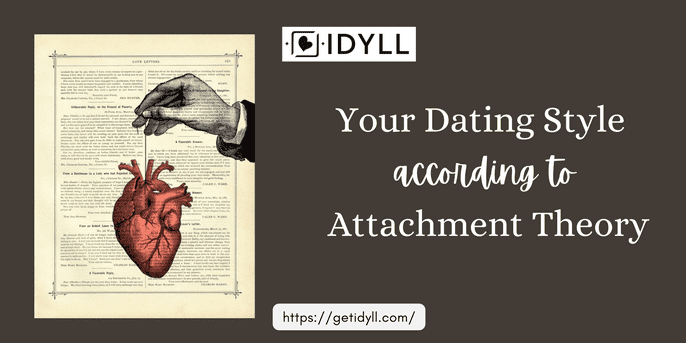
Have you ever wondered why you act a certain way in a relationship? Why might you cling to your partner so much or pull away from others? What if your unique dating style was designed way before your first crush? The answer may lie in attachment theory, a psychological framework that decodes how our early bonds with caregivers shape our adult romantic lives.
Understanding your dating style can help you navigate the complexities of modern romance with clarity and purpose.
Table of Contents:
What is attachment theory?
Attachment theory developed by psychologist John Bowlby, and later expanded by Mary Ainsworth, explores how the emotional bonds we form as children influence our adult relationships.
But your attachment style doesn't just dictate how you love, it also shapes how you argue, communicate, or even break up. So, yes it heavily influences your dating style. Let's decode the four major attachment styles:
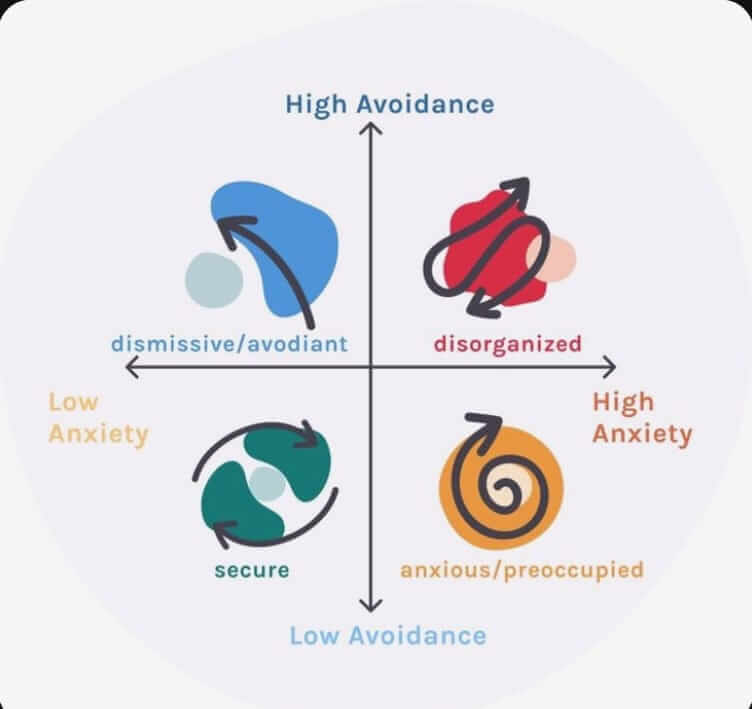
Secure attachment: The confident lover
Secure individuals are confident in themselves and their relationships, and if you are securely attached, congratulations– you've hit the relationship jackpot. Secure attachment is characterized by emotional availability, trust, communication, and the ability to balance closeness with independence.
They are comfortable expressing their needs and listening to their partner's needs in return and don't play games. Their dating style is rooted in mutual respect, and not being afraid of intimacy.
Dating strengths of a secure person lie in emotional stability and dependability. Imagine being with someone who cancels a date at the last minute, spiraling into self-doubt, you assume there's a valid reason and calmly discuss it later.

Anxious attachment: The passionate pursuer
Individuals with an anxious attachment style crave closeness but have a deep-seated fear of losing it. They tend to overanalyze their partner's actions and frequently seek reassurance. Their dating approach is fueled by a desire for deep care and devotion. Although they are often passionate and attentive, their fear of abandonment can create unnecessary tension in the relationship.
Anxious people often invest heavily in the relationship and being emotionally attuned to their partner acts as their strength. The pitfall of having such a dating style is that you might read too much into minor changes in your partner's behavior , causing unnecessary anxiety.
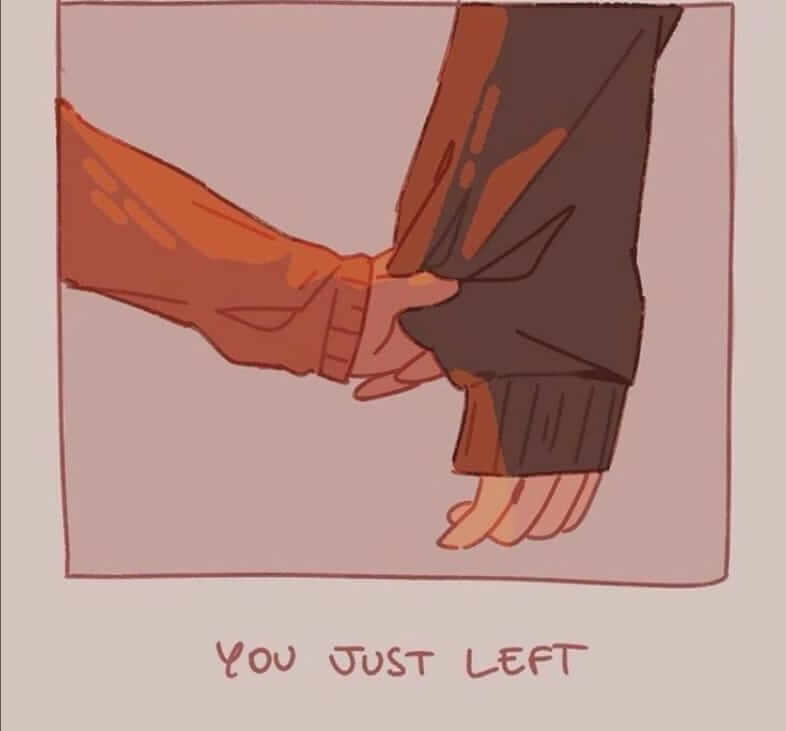
Avoidant attachment: The lone wolf
If you have an avoidant attachment style, you tend to lean towards individual value independence and often shy away from emotional vulnerability, appearing a bit distant in a relationship.
Having a strong sense of independence makes them easy to put up with a relationship but their reluctance to open up can leave their partner feeling disconnected or undervalued.

Fearful-avoidant attachment: the emotional paradox
This attachment style combines the anxiety of wanting closeness with fear of vulnerability. Often due to past trauma or inconsistent caregiving people with fearful-avoidant attachment crave intimacy but fear it simultaneously.
Your dating style may feel like a constant struggle between desire and fear. You crave love but are afraid of getting hurt, which leads you to oscillate between seeking intimacy and pulling away from it.
You bring profound emotional depth and intensity to your relationships, making them deeply meaningful. However, your internal conflicts can sometimes lead to uncertainty.
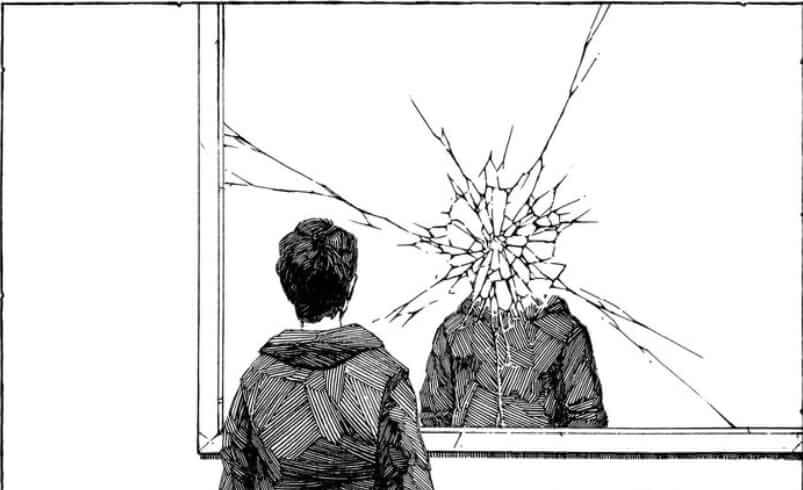
How to work with your attachment style
While your attachment style influences your dating style, it does not define you permanently.
Using your stability to help an insecure partner feel safe, practising self-soothing techniques to manage your fear of rejection, challenging yourself to lean into vulnerability, even when it feels uncomfortable, and seeking self-reflection tools to unpack past traumas and break the fear of intimacy cycle.
Owning your dating style
Your dating style isn't set in stone. It's a dynamic reflection of your past, your personality and your willingness to grow. You can approach love with more self-compassion and clarity exploring the journey of growth, and patience, and discovering the connections that truly matter.
Your dating style is more than a pattern– it's a lens through which you experience love. But by putting efforts into understanding you can cultivate a stronger and healthier space to grow.
"You can’t go back and change the beginning, but you can start where you are and change the ending." – C.S. Lewis
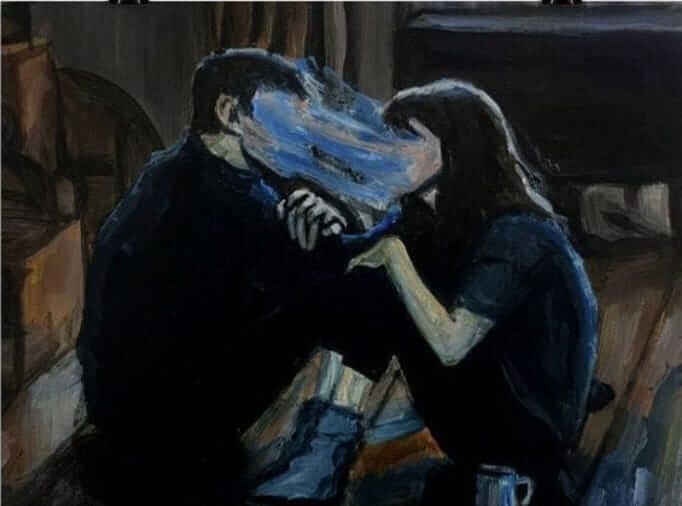
Your ultimate guide to understanding relationships through attachment theory. Discover how your unique dating style shapes your connections and learn actionable tips to build stronger, more fulfilling bonds. Idyll helps you navigate love with clarity and confidence.

